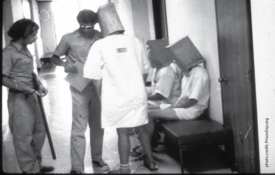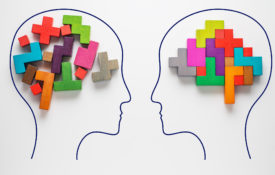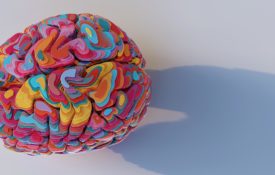-

How the Classics Changed Research Ethics
Some of history’s most controversial psychology studies helped drive extensive protections for human research participants. Some say those reforms went too far.
-

Love Lets Us Learn: Psychological Science Makes the Case for Policies That Help Children
APS President Alison Gopnik discusses the increasing amount of scientific evidence that our experiences as children shape our adult lives.
-

What’s in a Word? Computational Modeling Puts the Science of How We Learn Language to the Test
Language, whether spoken or read, is a tool that is constantly changing and growing, but research demonstrates that it may still be possible to pin down how it functions at its core.
-

Experimental Methods Are Not Neutral Tools
Ana Sofia Morais and Ralph Hertwig explain how experimental psychologists have painted too negative a picture of human rationality, and how their pessimism is rooted in a seemingly mundane detail: methodological choices.
-

The New Riddle of the Sphinx: Life History and Psychological Science
In her inaugural column as APS President, Alison Gopnik explores how the life-history perspective is suited to the mission of APS.
-

Dueling Diagnoses
Concerns about overlapping symptoms, complex disorders lend momentum to diagnostic models that could supplement—or even supplant—the DSM.

